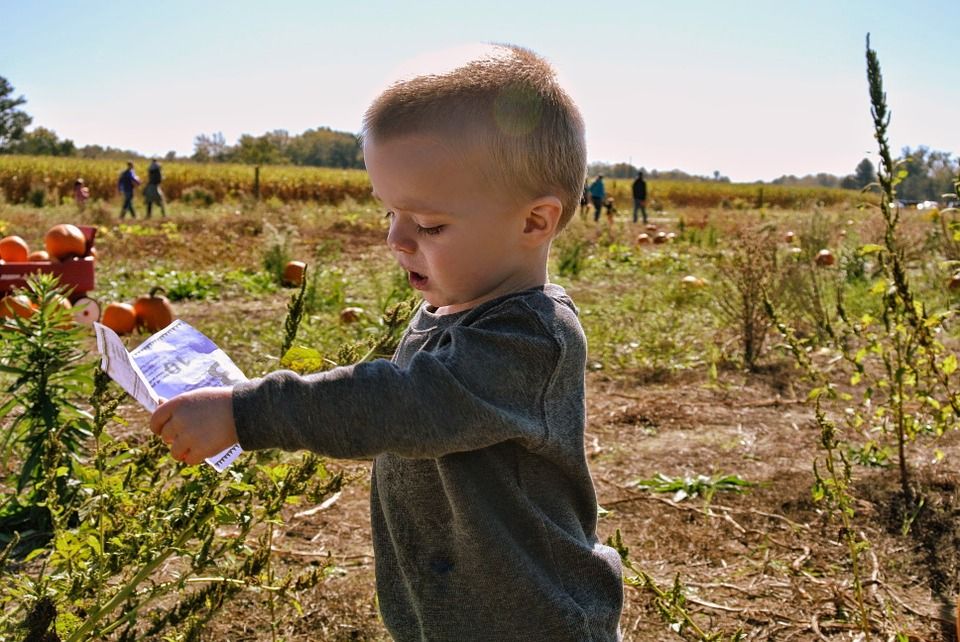The food and environment minister Jakob Ellemann-Jensen is in Nuremburg, Germany, tomorrow to promote Danish wares at Biofach, the world’s biggest organic fair.
And it’s no coincidence that the minister is making the trip this year as more and more places worldwide begin to crave Danish organic produce.
Exports of Danish organic wares increased by 20 percent from 2016 to 2017 and it is particularly Germany, Sweden and China that are thirsting for the products – the three countries accounts for over 66 percent of all Danish organic export.
“The market for organic food products continues to grow every year. In Denmark and the rest of the world organic alternatives are on the rise, so it’s great to see consumers around the globe have such trust in Danish organics. I hope to be able to make an effort to strengthen that trust at Biofach,” said Ellemann-Jensen.
READ MORE: Unless more farmers go green, a shortage of organic food looms
German backing
Aside from taking part in the fair, Ellemann-Jensen will also meet with Felix Prinz zu Löwenstein, the head of the federation of organic food industry in Germany, Bund Ökologische Lebensmittelwirtschaft, to discuss Danish and German initiatives within organic foods.
Germany takes by far the greatest share of Danish organic exports at a whopping 42 percent, followed by Sweden (16 percent), China (10 percent) and France (7 percent).
The rise in exports has been especially driven by dairy products, particularly milk and butter.
There are 32 Danish companies taking part in Biofach this year.















